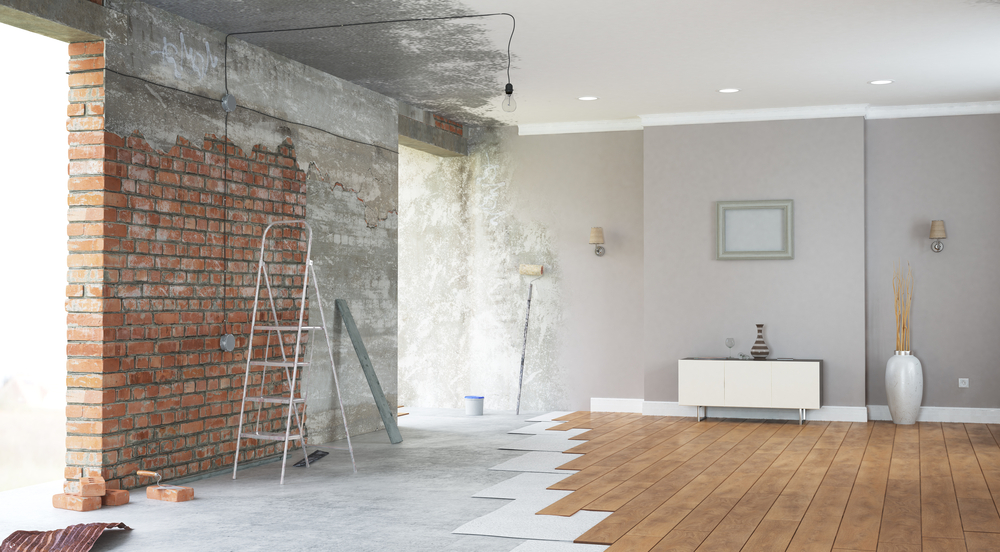A career as a dry-liner involves installing and constructing internal walls within structures using plasterboard and partitioning. Let’s have a look at what a career as a dry-liner actually involves and where your career as a dry-liner can take you.
Working as a Dry-Liner
In your work as a dry-liner you will be primarily working within structures to create walls which form rooms, or smaller spaces and also which cover up pipes and electrical cables and also provide for sound proofing and insulation. As a dry-liner your work will include:
- Measuring, modifying and cutting plasterboard for the correct shape and angles
- Fixing plasterboard to metal or timber frames using metal studs
- Installing moveable wall partitions, suspended ceilings or raised flooring structures
- Cutting and finishing plasterboard so it can accommodate power points, light switches and piping etc.
- Finishing plasterboard surfaces so they can be painted, covered or decorated
- Providing plaster covering over properly sealed boards
Career Path
In your career as a dry-liner you will provide a vital function within the scope of finishing the overall structure of the project. Some of the other roles and tradespeople you can expect to work with would include:
- Site manager
- Foreperson
- Construction labourer
- Finishing foreman
- Carpenter
- Plumber
- Electrician
- Steel fixer
- Pipe layer
- Design engineer
- Architect
- Purchaser
- Estimator
- Health & Safety
- Draughtsperson
- Painter
- Glazier
- Window fitter
Professional Qualifications
One of the most common routes is via apprenticeships, where dry-liners learn the role ‘on the job’ with a dry-lining company and also study for their qualifications in construction technology in college over 7 phases of work and college based education. Once you have established yourself as a dry-liner, you can apply for membership of bodies such as the National Guild of Master Craftsmen. Due to innovation within this sector, constant training and upskilling in new methodologies, materials and equipment is advised if you are to have a successful career as a dry-liner. Your will also need to be very aware of Health & Safety and have the necessary certification.
How your Career can Develop
As a dry-liner you can choose to specialise in particular areas during your career as a dry-liner, so you will need to upskill and earn any necessary certifications. You can specialise in areas such as domestic or residential dry-lining, industrial construction dry-lining and partitioning, exterior lining or other construction projects. Ultimately you can build up your own client base and start your own dry-lining service or contracting business or work with large firms or contractors that would require your services as a dry-liner.

